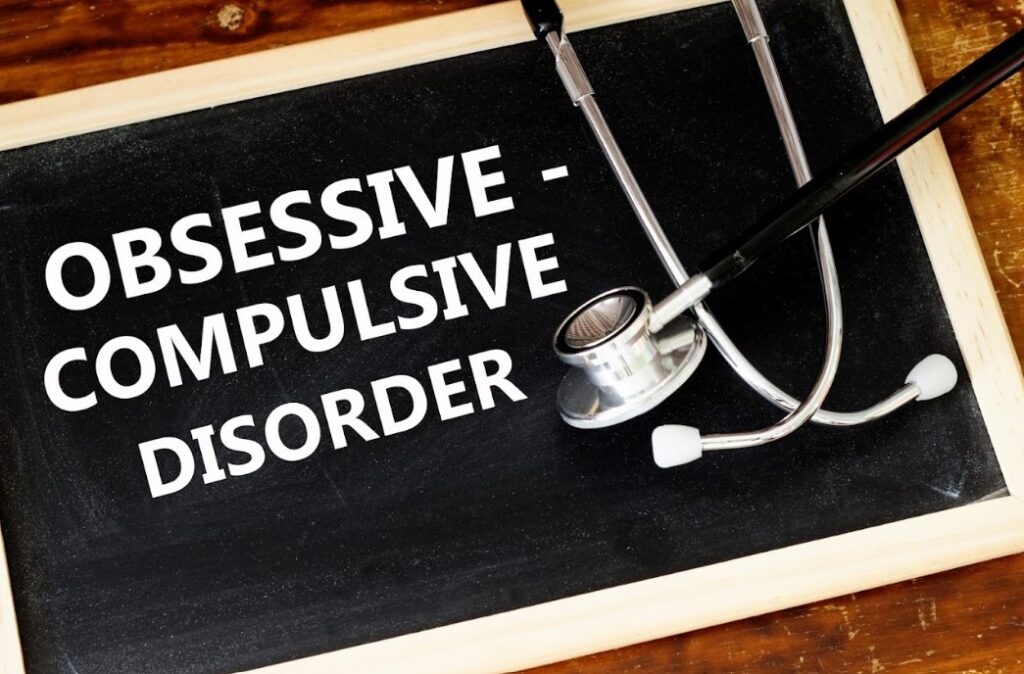
Ketamine is found to treat OCD modulating the activity of the glutamate system or by altering the activity of the corticostriatal-thalamocortical (CSTC) circuit, which is involved in the regulation of repetitive behaviors and thoughts. In OCD, ketamine has been used as an adjunct to traditional treatments, such as CBT, to help reduce symptoms. Research has shown that ketamine can produce rapid and sustained improvements in OCD symptoms, including reductions in obsessive thoughts and compulsive behaviors.
How Ketamine Treats OCD
Obsessive-compulsive disorder (OCD) is a mental health disorder that can cause obsessive thoughts and compulsive behaviors. OCD can be debilitating, leading to significant distress and interference with daily life. While traditional treatments such as therapy and medication can be effective, Ketamine has emerged as a promising new treatment option. In this article, we will explore how Ketamine works to treat OCD and why it is becoming an increasingly popular treatment option.
Understanding OCD
OCD is a mental health disorder that can cause intrusive and unwanted thoughts, images, or impulses (obsessions) that lead to repetitive behaviors or mental acts (compulsions). OCD can be difficult to treat, and many people with the disorder may struggle with it for years.
Traditional Treatments for OCD
Traditional treatments for OCD include medication and therapy. Medications such as antidepressants and anti-anxiety medications can be effective in reducing symptoms of OCD. Therapy, including cognitive-behavioral therapy and exposure and response prevention therapy, can also be effective in treating OCD. However, these treatments can be time-consuming, and some people may not respond to them.
Ketamine and OCD Treatment
Ketamine is a dissociative anesthetic that has been used in medical procedures for many years. In recent years, researchers have discovered that Ketamine has unique properties that make it effective in treating mental health disorders such as OCD. Ketamine has been found to produce rapid and long-lasting antidepressant effects in patients with treatment-resistant depression. It has also been found to reduce symptoms of OCD in patients with OCD.
How Ketamine Works to Treat OCD
Ketamine works by increasing the activity of glutamate, a neurotransmitter in the brain. This increased activity promotes the growth of new neural connections in the brain. These new connections can help improve mood and reduce symptoms of OCD.
By increasing the activity of this pathway, Ketamine can promote the growth of new brain cells, which can help improve mood and reduce symptoms of OCD.
Ketamine Treatment for OCD: What to Expect
The effects of Ketamine are felt within minutes and can last for up to an hour. During this time, patients may experience a dissociative state, which can feel similar to a dreamlike state.
After the Ketamine wears off, patients may feel an improvement in their mood and a reduction in symptoms of OCD. However, the effects of Ketamine are temporary, and patients may require ongoing treatment to maintain the benefits.
Safety and Side Effects of Ketamine Treatment
While Ketamine is effective in treating OCD, it is important to note that it is a powerful drug and should only be administered by a trained medical professional. Ketamine can cause several side effects, including nausea, dizziness, and confusion. In rare cases, it can also cause hallucinations and delusions.
Conclusion
Ketamine is a promising new treatment option for OCD that has been found to produce rapid and long-lasting effects. It works by increasing the activity of glutamate and the mTOR pathway in the brain, which can help promote the growth of new neural connections and brain cells, ultimately improving mood and reducing symptoms of OCD. While Ketamine has some side effects, it is generally safe when administered by a trained medical professional.
If you are struggling with OCD, it’s important to seek help from a mental health professional who can help you develop an effective treatment plan. With the right combination of treatments, you can manage your symptoms and improve your overall quality of life.

Follow us